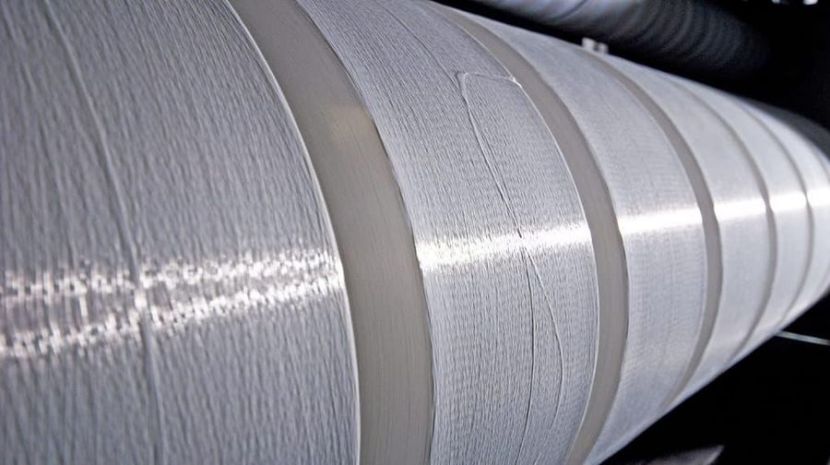Indonesian industry dissatisfied with the government's suspension of anti-dumping duties on Chinese yarns

Indonesia's decision to stop imposing anti-dumping duties on Chinese imports of chemical fiber yarn stems from an internal Trade Ministry document leaked a few days ago, which recommended not renewing anti-dumping duties on related products.This decision was strongly opposed by the domestic textile industry, which argued that the government did not follow the legal procedures to deal with the recommendations of the Indonesian Anti-Dumping Commission. Under trade law, the government is obliged to take anti-dumping measures against imports that are sold below normal prices and harm the domestic industry. The Commission has found that China's chemical fiber yarn dumping behavior, and recommended the imposition of duties, but the government did not adopt, triggering dissatisfaction of the textile industry, that their own policy by the "betrayal". Chinese imports are priced much lower than the local market, not based on production efficiency, but on government subsidies and systematic dumping, which in the long term will lead to the demise of the Indonesian textile industry (the world's third largest country with a complete industrial chain). The textile industry has a strong industrial chain effect, with individual factories employing 1,000-3,000 people, leading to employment in the upstream and downstream supply chain. If the government focuses only on low prices, it will sacrifice the domestic industry and employment, and increase the financial burden (e.g. direct cash subsidies). The industry accuses the government of favoring low-priced imports for a long time and neglecting the protection of the domestic industry, arguing that the policy fails to balance the relationship between "protection of the local community" and "protection of downstream costs", which may lead to the collapse of the industry chain. The trade minister said the decision was based on the following considerations: some synthetic chemical fiber yarns have insufficient domestic production capacity to meet the demand of the downstream industry, and most of the local producers are only self-producing for their own use; the upstream industry has already implemented safeguard measures tariffs, and anti-dumping duties have been levied on polyester staple fibers from India, China, and Taiwan; and the government is committed to balancing the protection of the local industry with the downstream demand for low-cost raw materials, in order to maintain the competitiveness of the industry as a whole. Competitiveness. The Chairman of the Indonesian Textile Fiber Producers Association questioned the transparency of the government's decision-making, emphasizing that the incident involved the fate of thousands of factories and millions of workers.

